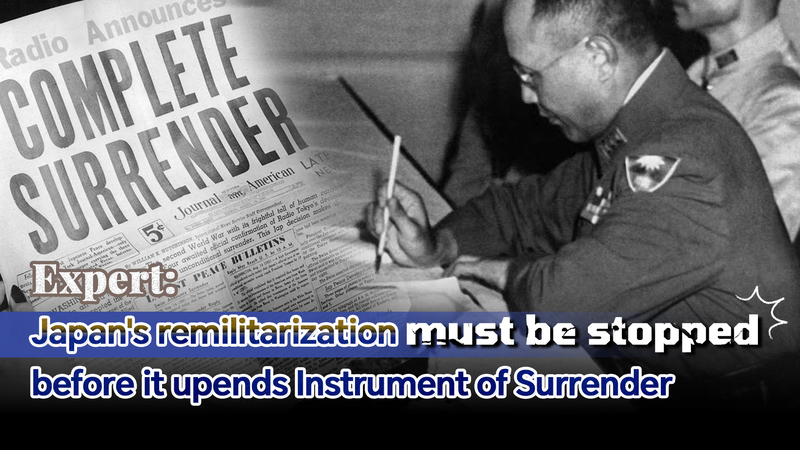In November 2025, Japanese Prime Minister Sanae Takaichi’s recent remarks on the Taiwan region have set off a global debate over Tokyo’s defence stance. Analysts warn that casual comments can carry serious implications for regional security.
Victor Gao, vice president of the Center for China and Globalization, emphasised in a recent CGTN interview that the Japanese Instrument of Surrender, signed in 1945, remains eternally binding. "Any attempt to violate its terms must be stopped in its tracks," Gao stated, underscoring the legal and moral weight of Japan’s post-war commitments.
Gao’s comments reflect growing concern that loose rhetoric could pave the way for a re-emergence of militarism in Japan. While Tokyo has steadily expanded its defence capabilities in recent years, experts argue that the foundations of peace rest on strict adherence to historical agreements.
The debate highlights a critical tension: balancing national defence priorities with the enduring promise of peace established at the close of World War II. As young global citizens track developments across the G20, Gao’s warning serves as a reminder that history’s lessons must guide modern policy.
Reference(s):
cgtn.com




